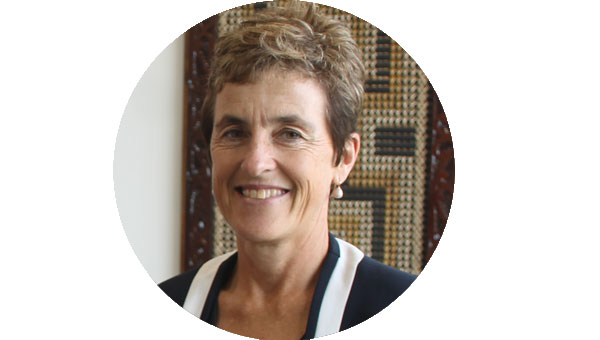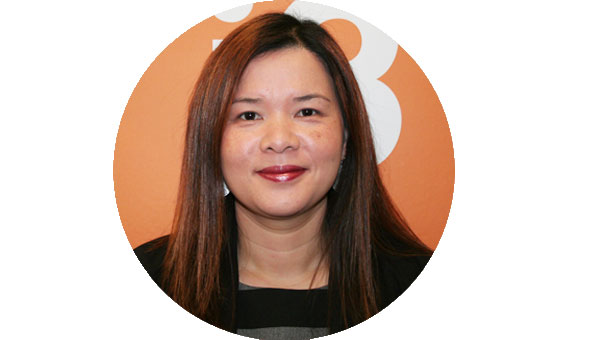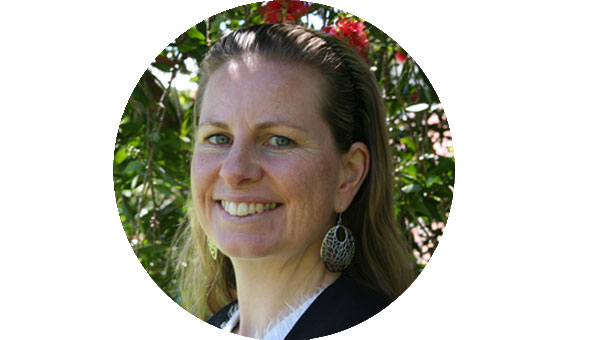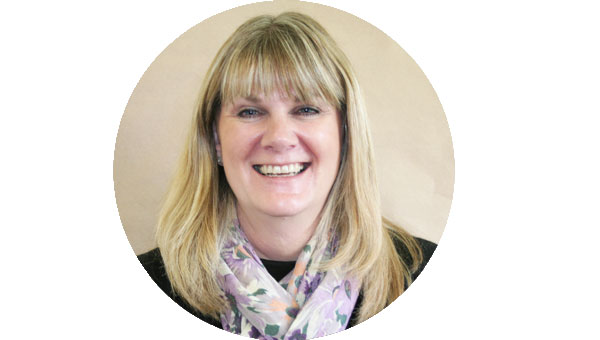Empowering patients to tell us about the impact of their condition and whether what we do actually makes a difference to their lives
Opportunity
Performance in the New Zealand health system is largely measured by key performance indicators (KPIs) and clinical metrics; at present little attempt is made to understand patients’ perspectives of their health outcomes. The goal of health care is to improve patients’ health and wellbeing and this is a priority for our DHB; arguably, it is the patients themselves who are best placed to judge how they feel.
Patient Reported Outcome Measures (PROMs) include questions about quality of life, functional outcomes, and mental and emotional wellbeing – outcomes that matter to patients. PROMs can be used in many ways including to:
- inform patients about their condition and treatment options
- inform clinical decision-making so that care plans can be tailored for the patient
- enable health care professionals to monitor and improve health care practice
- provide insight into health inequities, outcomes and variation in care
- understand the burden of disease and the economic value of interventions
- inform the allocation of funding
People are surveyed about PROMs at first contact, before and after interventions, and at set periods after management plans have been agreed. People can be surveyed over time to understand the enduring impact of illness and healthcare.
At Waitemtata DHB, some services have been collecting PROMs, such as Orthopaedics who use the Oxford Hip and Knee Score for elective surgery. However, attempts to collect this information are currently carried out through paper surveying. Paper-based surveys allow individual-level analysis but make it onerous to provide any aggregated data, which is inevitably not done.
Our recently completed electronic survey system (PERSy, a Leapfrog Programme project) allows us to digitise all patient and staff surveys. The digital platform removes the administrative burden of paper surveys and enables the use of multiple modalities (e.g. tablets, smart phones, and web links) so that we can survey people in and out of hospital. Importantly it includes sophisticated analysis of results that are presented back to clinicians in real-time.
This project provides an opportunity to work with industry partners to develop analytical capability to link multiple data sets and use them predictively. We want to capitalise on the enthusiasm of clinical teams (12 services immediately requesting to be pilot sites) by providing them with insights to support clinical decision-making. It is also an opportunity to support informed decision-making for patients by using innovative data visualisation to help them understand complex health data.
Aim
We aim to design, prototype and scale a systematic patient-reported outcome measure (PROMs) programme at Waitemata DHB. Our PROMs programme will have three elements with the following goals:
- Adopt a ‘universal’ quality of life (QoL) measure to understand general wellbeing at a population level (eg EQ-5D – EuroQoL–5 Dimension)
- Implement disease-specific or service-level PROMs using internationally validated survey instruments, starting with two pilot services (Young Adult Diabetes and Urogynaecology)
- Undertake local research to validate international tools and understand what really matters to our particular patient populations in terms of their health outcomes
Predictive Analytics Model
Intervention: Universal Quality of Life
Universal Quality of Life Measure (EQ-5D)
We collaborated with the DHB’s Planning and Funding (Health Outcomes) team and public health physicians, to select and compare the utility of two quality of life (QoL) instruments – the Short Form 6-Dimension (SF-6D) which was developed in Sheffield in 2002, and the EuroQoL-5 Dimension (EQ-5D) developed in the Netherlands in 1990, as measures with the greatest applicability and suitability for our demographic and strategic needs.
An independent review was undertaken by the National Institute for Health Innovation (NIHI) at Auckland University. The review concluded that both tools have been extensively tested and validated, with a number of studies producing comparative analysis. We selected EQ-5D as the most appropriate QoL measure for our population. This decision was influenced by the following facts:
- it has been preference validated in New Zealand, providing confirmation of local understanding of our health constructs
- it has been validated by correlating with disease specific instruments
- it is brief and therefore promoting a high degree of respondent completion
EuroQol EQ-5D administration features include:
- multiple modes of administration (paper, tablet, PDA, Smartphones, laptop and desk tops, Interactive voice response, face-to-face and proxy versions)
- access to the survey questions in over 100 languages
- permission to deliver survey via third party software (eg Waitemata DHB’s PERSy)
The EQ-5D will be uploaded in our patient experience reporting system (PERSy) and we will test the use of the universal measure for a defined population.
Intervention: Disease / Service Specific
Disease-Specific or Service-Level PROMs
Two services (Young Adult Diabetes and Urogynaecology) have been selected as pilot groups to develop and prototype service-specfic level PROMs. Each group is led by a clinical champion (senior medical consultant) and internationally validated survey instruments have been identified: Young Adult Diabetes – PAID survey; and Urogynaecology ICIQ-FLUTS questionnaire.
The instruments have been uploaded in our electronic Patient Experience Reporting System (PERSy) and are undergoing testing.
Service-level criteria and guidelines for future implementation of PROMs are being developed.
Intervention: Local Research
Research to locally validate universal measure and service-level PROMs, and to identify gaps in measurement that are important for our communities, is underway.
Governance
We have established a PROMs Programme Governance Group. The Programme Governance Group will ensure a transparent, robust, logical, and repeatable decision making framework is in place. This group will ensure that all decisions reached are consistent with the DHB’s promise, priorities and purpose.
Governance Group
- Jay O’Brien, Assoc Director of i3 + Head of Person Centred Design
- Penny Andrew, Director of i3
- Mustafa Shaabany, Project Manager, i3
- Abbas Al-Murrani, Health Economist, Planning and Funding
- David Grayson, Clinical Lead Patient Experience and Patient Safety
- Wayne Miles, Clinical Director, Research and Knowledge Centre
- Lorraine Neave, Research + Knowledge Manager, Research and Knowledge Centre
- Shayne Wijohn, Maori Health Gain Portfolio Manager
- Bruce Levi, General Manager, Pacific Health
- Ronelle Baker, Consumer Representative

Penny Andrew

Sharon Puddle

Mandy Spencer
Mustafa Shaabany

